An end to Iran and Saudi Arabia’s seven-year rift
Thawing of relations could transform the Middle East
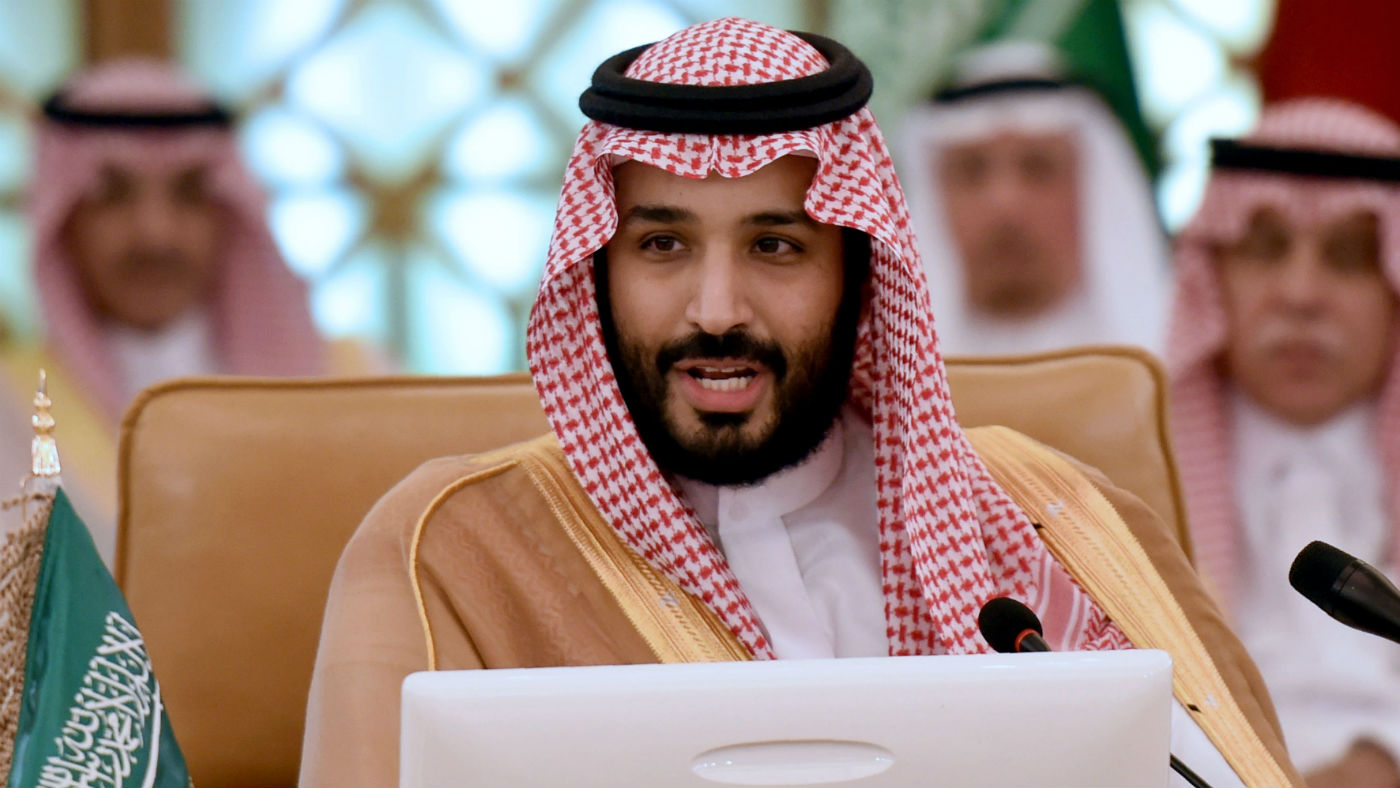
A free daily email with the biggest news stories of the day – and the best features from TheWeek.com
You are now subscribed
Your newsletter sign-up was successful
In 2016, one man’s execution spurred violent protests and a serious diplomatic rift between regional rivals Saudi Arabia and Iran.
Riyadh cut off all ties with Tehran after Iranian protesters attacked Saudi diplomatic missions with Molotov cocktails following the execution of the Shia cleric Nimr al-Nimr. But after seven years of belligerence, name-calling and proxy wars, relations have been suddenly and unexpectedly re-established thanks to Chinese-brokered talks held in Beijing.
“As a result of the talks, Iran and Saudi Arabia agreed to resume diplomatic relations and reopen embassies...within two months,” Iran’s state news agency Irna reported, citing a joint statement.
The Week
Escape your echo chamber. Get the facts behind the news, plus analysis from multiple perspectives.

Sign up for The Week's Free Newsletters
From our morning news briefing to a weekly Good News Newsletter, get the best of The Week delivered directly to your inbox.
From our morning news briefing to a weekly Good News Newsletter, get the best of The Week delivered directly to your inbox.
The development “has the world doing metaphorical double takes”, said The New York Times, considering it could well “transform the Middle East”.
‘Diplomatic victory for China’
The rivalry between the largely Shia Iran and Sunni Saudi Arabia has “dominated Middle East politics in recent years”, The Guardian said, ultimately “spreading into Syria, Iraq, Lebanon and Yemen”.
As recently as five years ago, Saudi Arabia’s Crown Prince Mohammed bin Salman said that Iran’s supreme leader “makes Hitler look good”. Now the two countries are discussing “sharing one fate”.
The breakthrough will not only see Riyadh and Tehran reopening their embassies in one another’s countries but also reviving a 22-year-old security pact, which committed both countries to co-operation on terrorism, drug smuggling and money laundering.
A free daily email with the biggest news stories of the day – and the best features from TheWeek.com
The deal is also “a diplomatic victory for China”, said CNN, “in a Gulf region that has long been considered part of the US’ domain of influence”. “It's a sign that the Saudi government, under Bin Salman, is willing to increase ties with US adversaries,” agreed Insider.
‘Guarded but hopeful’
Video of the signing ceremony that was broadcast by Iranian media showed officials surrounded by Saudi Arabian, Iranian and Chinese flags. According to Peter Baker, the chief White House correspondent for The New York Times, China’s involvement in the deal suddenly puts Americans “on the sidelines during a moment of significant change”.
The rapprochement was “greeted with optimism by Iraq and Oman – who had previously helped mediate the talks”, said Al Jazeera. And on hearing the news, both of the warring parties in Yemen “were guarded, but hopeful”, said AP.
Yet there remains a “high level of distrust” between Iran and Saudi Arabia, said Tehran-based political analyst Diako Hosseini.
“Saudi Arabia will likely still be cautious in economic dealings with Iran because it does not want to be exposed to US sanctions,” Hosseini told Al Jazeera. “And normalisation does not necessarily mean that the two sides trust each other.”
Regardless, the restoration of ties is hugely significant, Hosseini added, with impacts that will reverberate around the region – not to mention within Saudi Arabia and Iran themselves. “Reducing tensions in Yemen, Lebanon, Syria and Iraq can entail wide-ranging interests for both sides,” he said.
Arion McNicoll is a freelance writer at The Week Digital and was previously the UK website’s editor. He has also held senior editorial roles at CNN, The Times and The Sunday Times. Along with his writing work, he co-hosts “Today in History with The Retrospectors”, Rethink Audio’s flagship daily podcast, and is a regular panellist (and occasional stand-in host) on “The Week Unwrapped”. He is also a judge for The Publisher Podcast Awards.
-
 The ‘ravenous’ demand for Cornish minerals
The ‘ravenous’ demand for Cornish mineralsUnder the Radar Growing need for critical minerals to power tech has intensified ‘appetite’ for lithium, which could be a ‘huge boon’ for local economy
-
 Why are election experts taking Trump’s midterm threats seriously?
Why are election experts taking Trump’s midterm threats seriously?IN THE SPOTLIGHT As the president muses about polling place deployments and a centralized electoral system aimed at one-party control, lawmakers are taking this administration at its word
-
 ‘Restaurateurs have become millionaires’
‘Restaurateurs have become millionaires’Instant Opinion Opinion, comment and editorials of the day
-
 The spiralling global rice crisis
The spiralling global rice crisisfeature India’s decision to ban exports is starting to have a domino effect around the world
-
 Netanyahu’s reforms: an existential threat to Israel?
Netanyahu’s reforms: an existential threat to Israel?feature The nation is divided over controversial move depriving Israel’s supreme court of the right to override government decisions
-
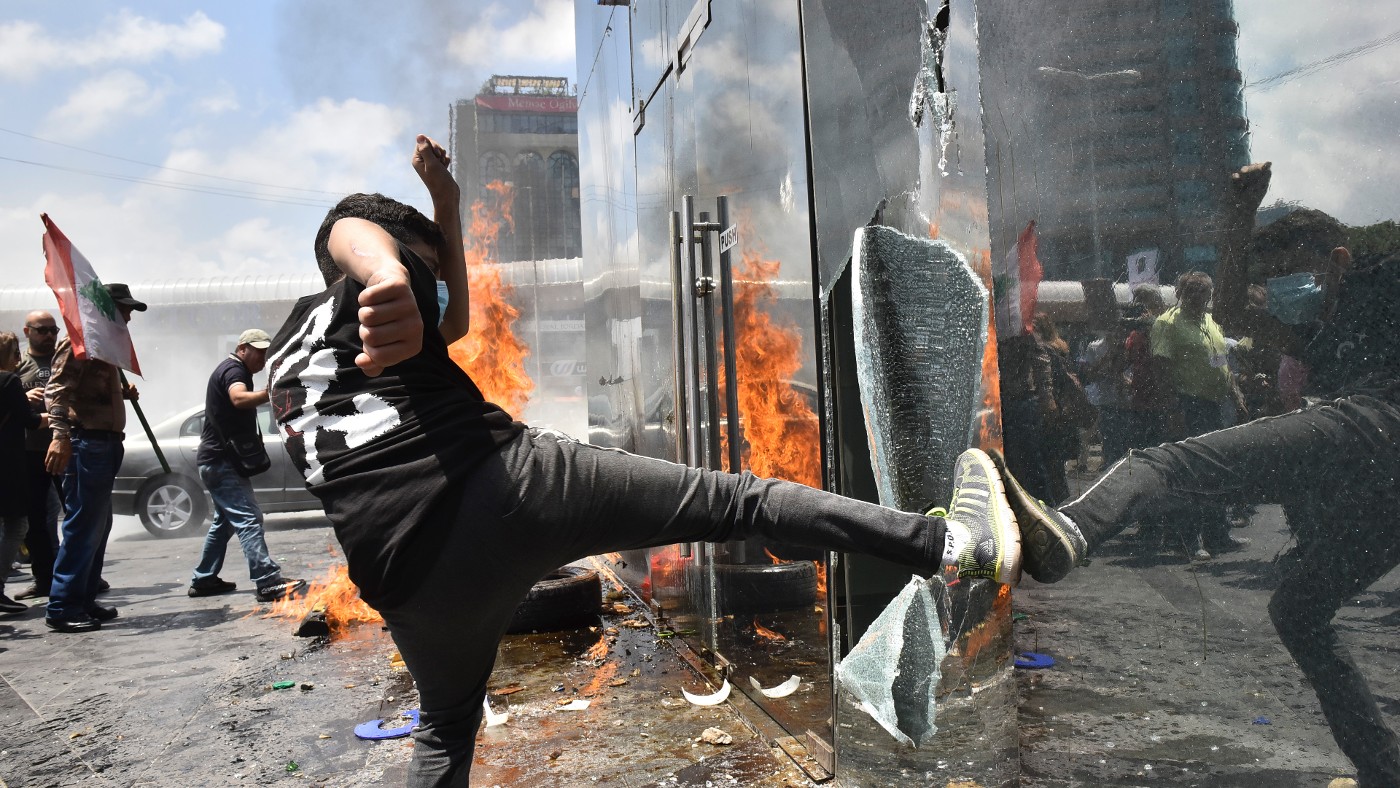 A country still in crisis: Lebanon three years on from Beirut blast
A country still in crisis: Lebanon three years on from Beirut blastfeature Political, economic and criminal dramas are causing a damaging stalemate in the Middle East nation
-
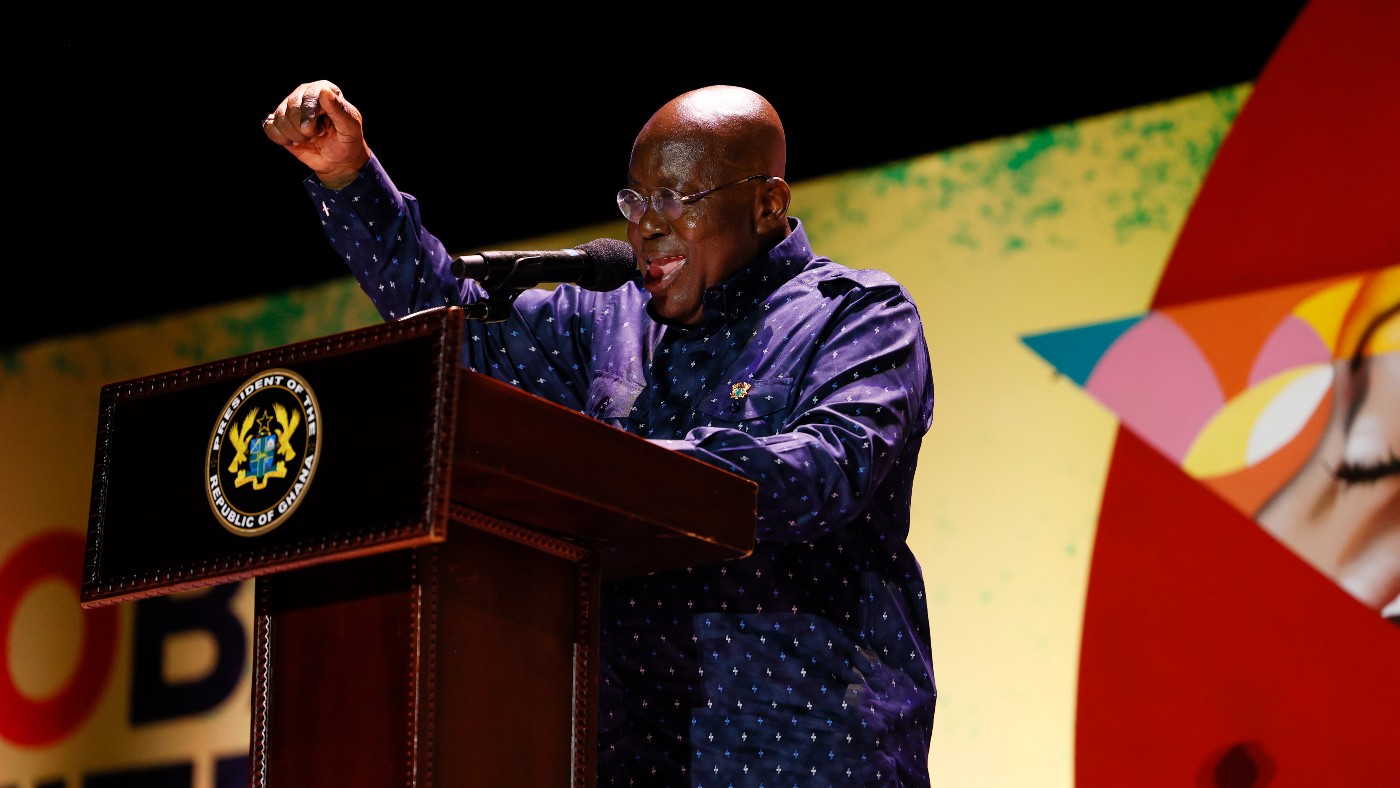 Ghana abolishes the death penalty
Ghana abolishes the death penaltyfeature It joins a growing list of African countries which are turning away from capital punishment
-
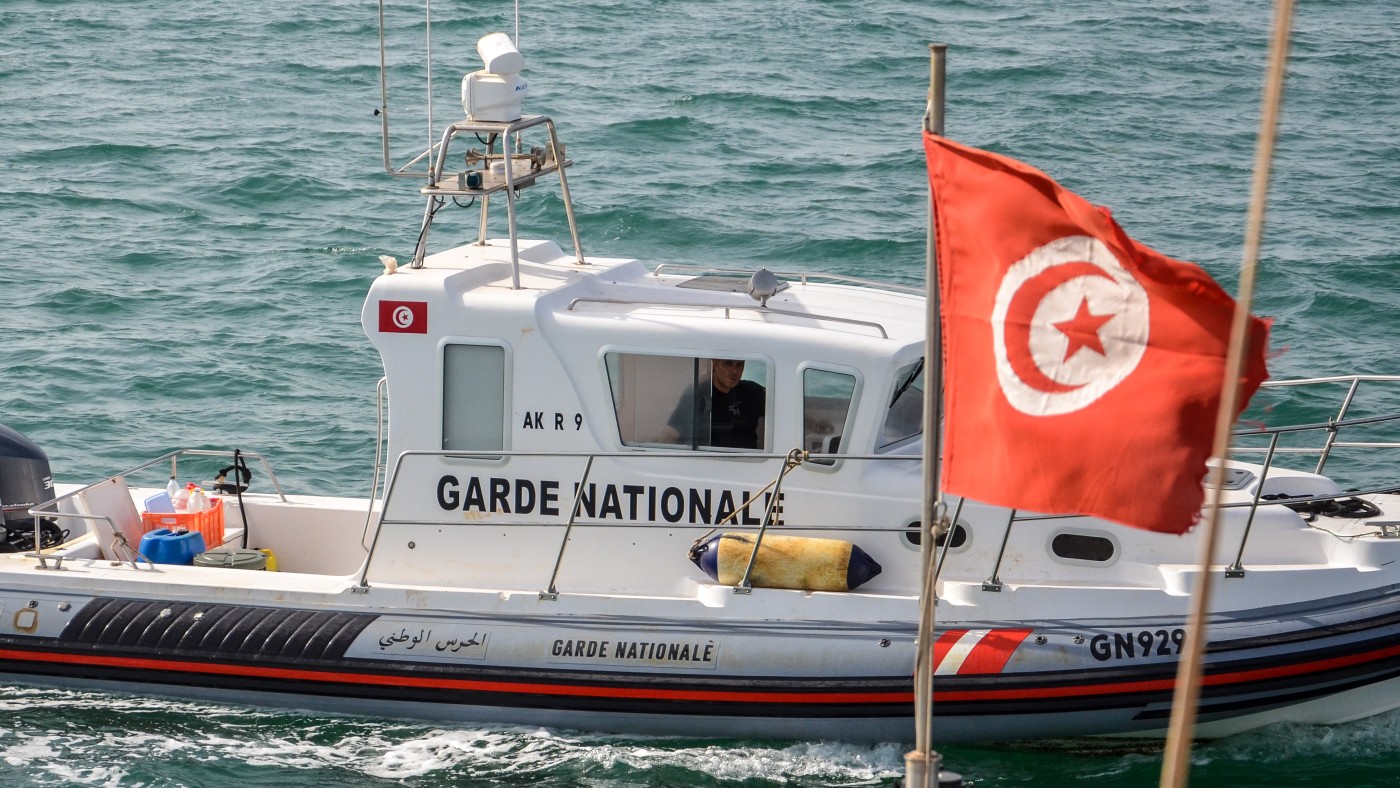 EU-Tunisia agreement: a ‘dangerous’ deal to curb migration?
EU-Tunisia agreement: a ‘dangerous’ deal to curb migration?feature Brussels has pledged to give €100m to Tunisia to crack down on people smuggling and strengthen its borders
-
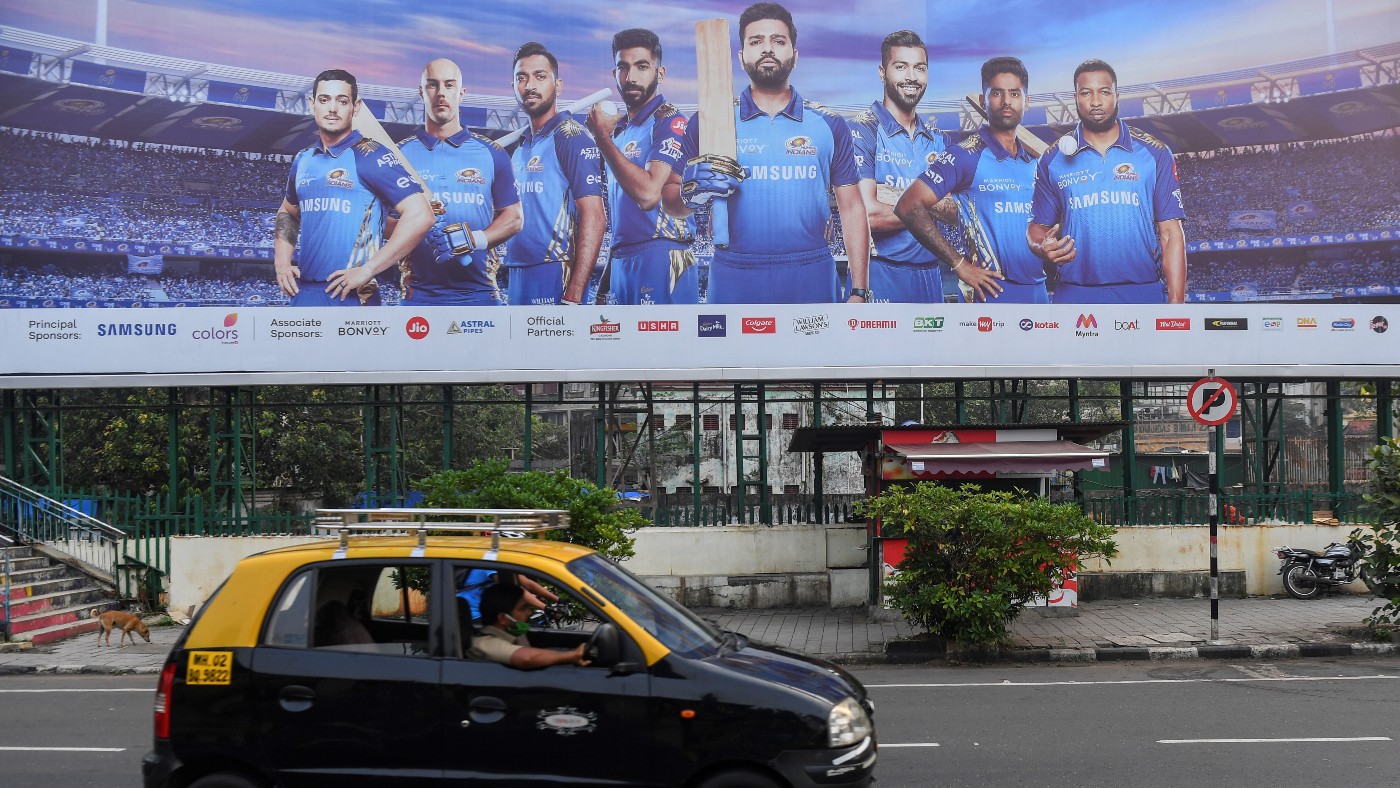 The sinister side to India’s fantasy gaming craze
The sinister side to India’s fantasy gaming crazefeature Fantasy gaming is booming in India, despite the country's ban on gambling
-
 China’s ‘sluggish’ economy: squeezing the middle classes
China’s ‘sluggish’ economy: squeezing the middle classesfeature Reports of the death of the Chinese economy may be greatly exaggerated say analysts
-
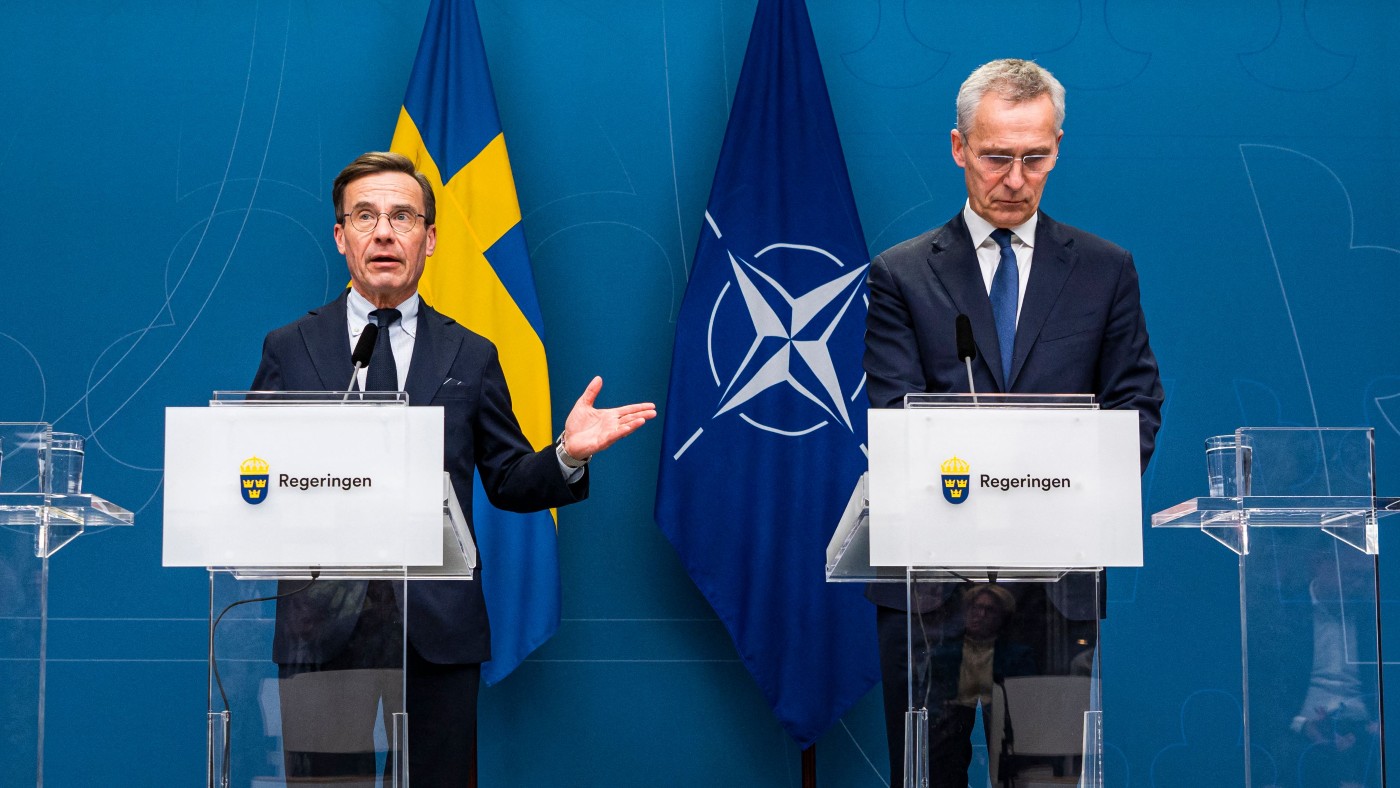 Non-aligned no longer: Sweden embraces Nato
Non-aligned no longer: Sweden embraces Natofeature While Swedes believe it will make them safer Turkey’s grip over the alliance worries some